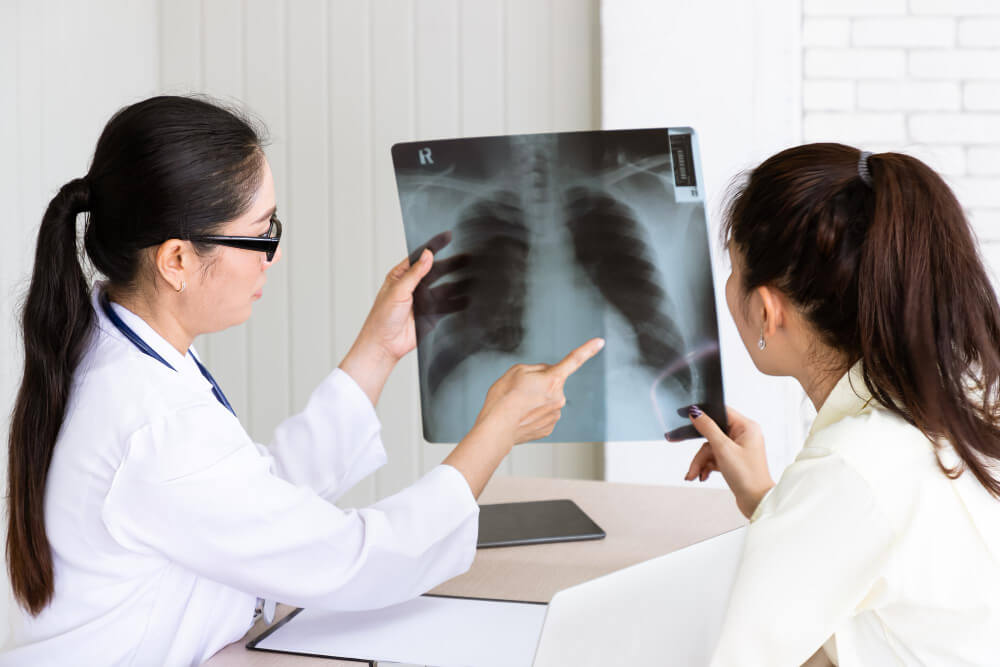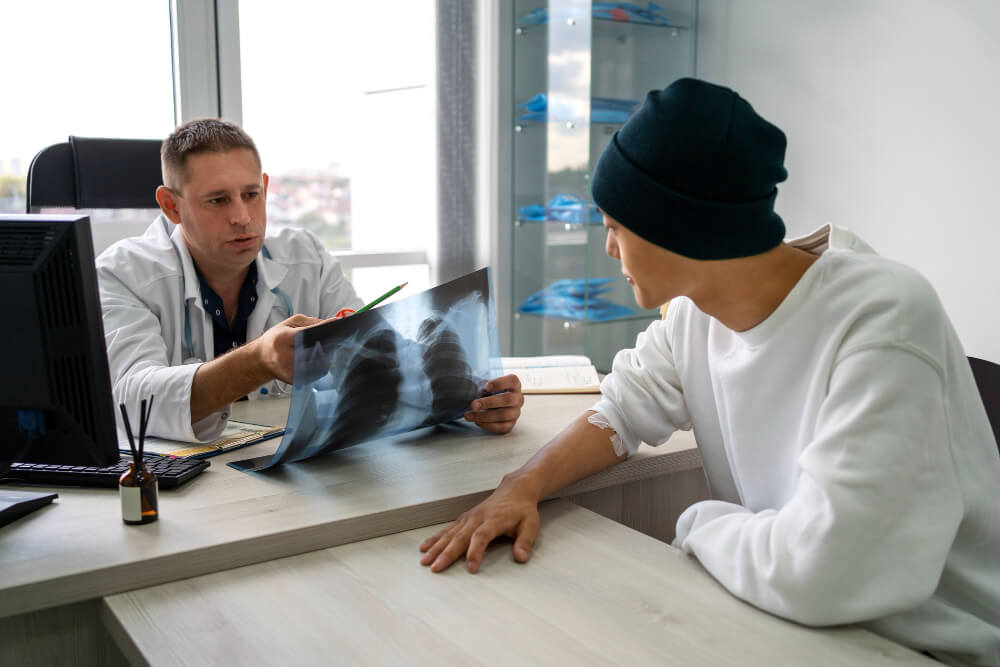Empowering Your Lung Health: The Value of a Second Opinion in Pulmonary Diagnosis
Receiving a diagnosis of a lung condition can be an overwhelming experience. The potential impact on your health and well-being raises numerous questions and concerns. While trusting the initial diagnosis from your healthcare provider is important, seeking a second opinion from a pulmonologist can be a valuable step towards achieving clarity and peace of mind. Pulmonologists are medical doctors who specialize in the diagnosis and treatment of respiratory illnesses and lung conditions. Their expertise can be instrumental in confirming an initial diagnosis, offering a different perspective, or even suggesting alternative diagnoses and treatment options.
Why Consider a Second Opinion for Your Lung Diagnosis? The Power of Additional Insight
Confirmation and Peace of Mind:
Often, a second opinion from a pulmonologist can confirm the initial diagnosis, providing reassurance and validating the course of treatment already recommended. Knowing you have received a definitive diagnosis from another expert can alleviate anxieties and empower you to move forward with confidence.
A Different Perspective and Alternative Options:
Lung conditions can present with varied symptoms, and sometimes a specific diagnosis can be challenging. A second opinion can offer a fresh perspective, leading to a more accurate diagnosis or suggesting alternative treatment possibilities.
Addressing Uncertainty and Unanswered Questions:
If you have lingering concerns or unanswered questions about your initial diagnosis, a second opinion can provide a platform for exploring those uncertainties. A pulmonologist can explain the diagnosis in a clear, concise manner and address any specific questions you may have.
Advanced Expertise and Specialized Knowledge:
Pulmonologists have extensive training and experience in diagnosing and managing a wide range of lung conditions. Their specialized knowledge can be particularly beneficial for complex cases or rare lung diseases.
The Expertise of Pulmonologists: Leaders in Lung Health
Extensive Training and Qualifications:
Pulmonologists complete additional training and education beyond medical school, specializing in diagnosing and treating diseases of the respiratory system. This includes in-depth knowledge of lung anatomy, physiology, and the various conditions that can affect your lungs.
Diagnostic Tools and Procedures:
Pulmonologists have access to a wide range of diagnostic tools and procedures. These may include pulmonary function tests, chest X-rays, CT scans, bronchoscopy, and other specialized tests to pinpoint the cause of your lung condition.
Treatment Options and Management Strategies:
Pulmonologists are well-versed in various treatment options for lung conditions, ranging from medication and respiratory therapy to minimally invasive procedures and surgical interventions. They can create a personalized treatment plan tailored to your specific needs and condition.
Navigating the Process of Obtaining a Second Opinion for Your Lung Diagnosis
Discussing Your Concerns with Your Primary Care Physician:
Open communication with your primary care physician is crucial. Express your desire for a second opinion and explain your reasons for seeking additional insight.
Finding a Qualified Pulmonologist:
Ask your primary care physician for recommendations or search online directories for qualified pulmonologists in your area. Consider factors like experience, expertise, and patient reviews when making your selection.
Preparing for Your Second Opinion Appointment:
Gather your medical records, including test results, previous diagnoses, and medication lists. Prepare a list of questions and concerns to discuss with the pulmonologist during the appointment.
Communication and Collaborative Care:
The pulmonologist will review your medical records, conduct a physical examination, and potentially order additional tests. Clear communication is vital throughout the process. Share your concerns and ask questions openly.
By actively participating in your healthcare decisions and seeking a second opinion when necessary, you can take control of your lung health and ensure you receive the most accurate diagnosis and effective treatment plan.


